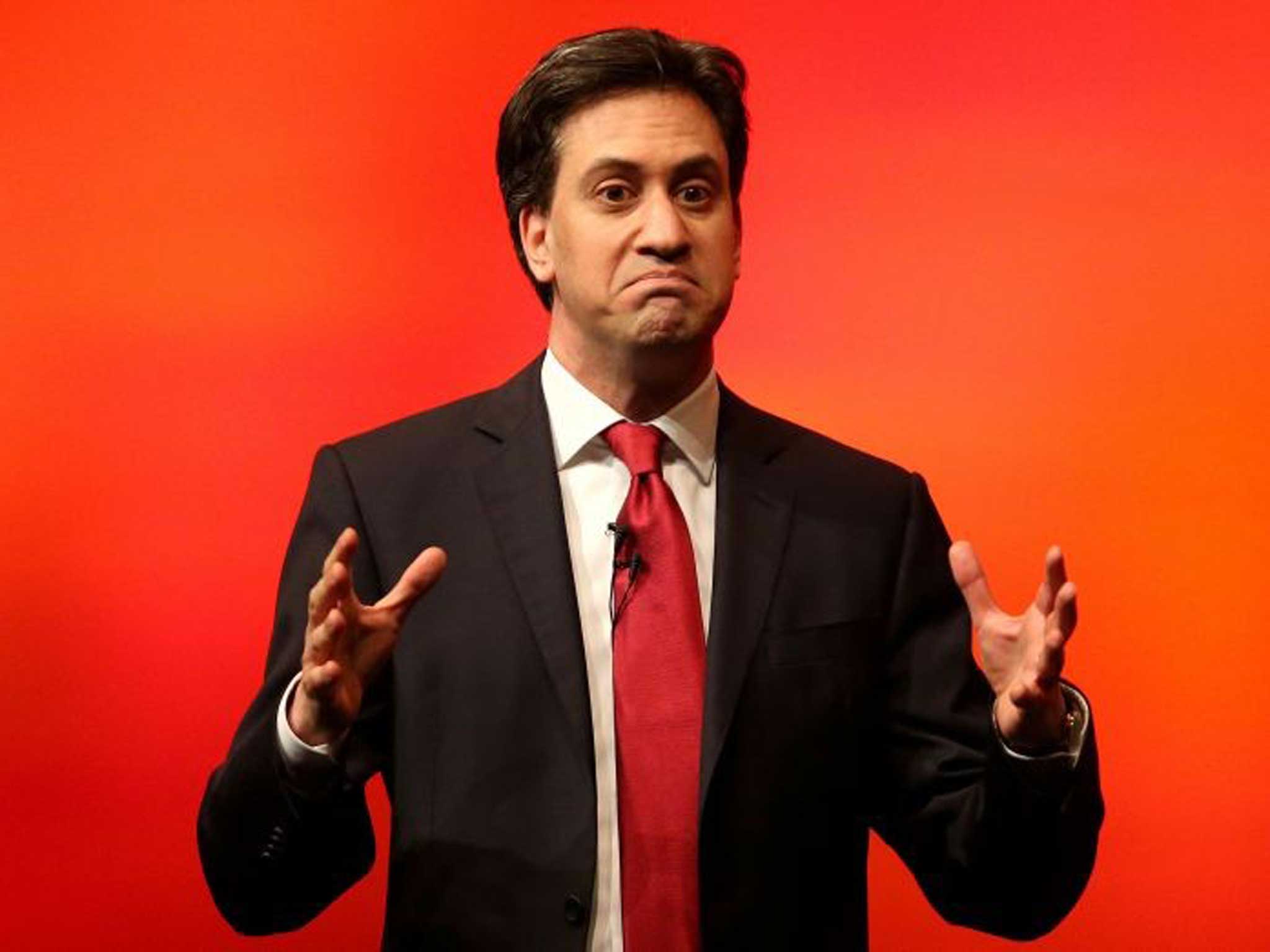Two Eds are far worse than one
Miliband would not want Balls on his team for coalition talks with the Lib Dems


MPs of both main parties seem equally convinced that they will lose the election next year. Maybe it is just the ones I talk to, but Labour MPs thought that the Budget, and especially their leader's decision to respond to it by pretending it hadn't happened, took them closer to defeat. They feel the economy is picking up and the voters will not want to put that recovery at risk.
Conservatives, on the other hand, thought the Budget was all right, but that they have too much ground to make up. They thought the bingo tax-cut advert mattered, not because people would feel insulted by being addressed as the "they" who enjoy beer and bingo, but because it added another layer separating Tory toffs from the concerns of the people.
They cannot both be right. Unless something odd happens, either David Cameron or Ed Miliband will emerge as prime minister. But there is quite a messy bit in the middle. Both parties may fall short of "winning" in another hung parliament. In fact, all parties could lose. The Liberal Democrats are bound to lose seats; the question is how many. And Ukip might win one seat if Nigel Farage chooses the right constituency, but seems destined to disappointment. But if neither Labour nor the Tories advance far enough, we could have a hung parliament again.
So what might happen in an inconclusive election? The Lib Dems are desperate to end their coalition with the Tories. So even if the Tories remain the largest party, but Labour make gains, many Lib Dems would want to switch. Andrew Adonis, the Labour peer, thinks that a rainbow coalition with the Lib Dems and assorted Northern Irish and other MPs would have been viable last time. Every Tory seat lost would make it more viable next time.
Adonis makes clear in his book, 5 Days in May, that Labour were badly prepared for coalition negotiations in 2010. This time, they will have no excuse. Not only that, but the view among the senior civil servants who would have to facilitate the process is that it all happened too fast last time.
Among the many obstacles to Labour and the Lib Dems reaching agreement last time, two stand out. Adonis is too polite to say so in his book, but their names were Ed Miliband and Ed Balls, who were members of Labour's negotiating team. This raises the important question: who would Miliband send in to negotiate on his behalf next time? The tensions between Miliband and Balls over the response to the Budget reinforce my view that Miliband would not want Balls on his team.
Balls hinted at the disagreement at his post-Budget briefing when he said that Miliband had prepared "pages" of response to George Osborne on the basis of Twitter speculation by journalists, but had had to junk them when it turned out to be wrong. The real story, I think, is that Balls thought that Miliband ought to have welcomed the liberation of pension funds in principle. Miliband decided against it, and didn't even mention the pension change in his response. His supporters say he was rightly cautious of pronouncing on such a complex subject, and that it did Labour no harm to take a few days to come round to the view that it supported the change, with conditions.
But I suspect Balls thought Miliband both lacked confidence and had the wrong instinct. Left to his own devices, Miliband might have gravitated to the paternalist view expressed by John McTernan, Tony Blair's former political secretary, who said on Newsnight that "you cannot trust people to spend their own money sensibly".
The tension between the two Eds is already the fault line running through the Labour government-in-waiting. They said, when Miliband was forced to appoint Balls as Shadow Chancellor three years ago, that they had seen the Blair-Brown movie before and were determined not to replay it. But their relationship has the potential to be even worse than Blair and Brown's. At least in their early days in opposition, Blair and Brown liked each other and, even after they fell out over the leadership, generally agreed on policy.
Balls is constantly having to restrain what he regards as the naive utopianism of his former junior colleague in Gordon Brown's team. He favours a third runway at Heathrow and is sceptical about high speed rail. When Miliband, nominally in charge of Labour's 2010 manifesto, wanted to promise free school lunches for young primary-school pupils (now taken up by Nick Clegg), Balls ruled it out as poor value for money at a time of public spending restraint. Miliband wanted to put the top rate of income tax back up to 50p in the pound permanently, whereas Balls says it would be a temporary measure until the deficit is cleared.
If Miliband does emerge from the fog of the election as prime minister, the split with Balls does not augur well for a Labour government.
Join our commenting forum
Join thought-provoking conversations, follow other Independent readers and see their replies
Comments